
KENYA AND UK
30-10-2023 by Freddie del Curatolo
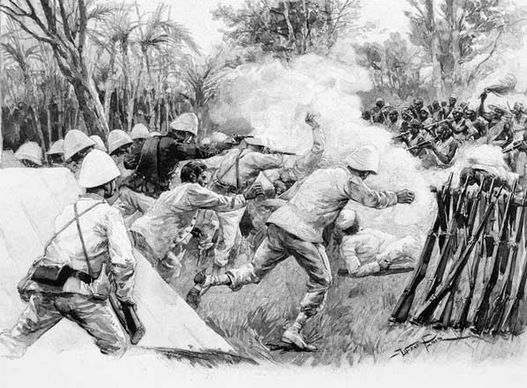
The visit of King Charles III and Queen Camilla to Kenya, from tomorrow for four days, will be the subject not only of national media coverage.
His first official exit from London is not only of great symbolic value because Elizabeth's son, who learned that she had become queen a stone's throw from Mount Kenya, has chosen the former African colony of the United Kingdom to which the whole family has always been attached, but because he is uncovering not exactly Pandora's boxes and opening skeletons in the wardrobes of yesteryear's empire-style but also of more modern legacies.
The debate is about whether King Charles, as his mother never openly did, has the chance to bury the colonial dregs for good in the red soil of the Kenyan savannah, in the very year in which the country's 60th anniversary since independence falls.
Wounds and scars that belong more to the memories of the Mau Mau veterans and tribal communities, who for decades have been demanding reparations for ancestral lands defrauded, indigenous peoples exploited, rebels killed or segregated, cultural treasures and religious relics plundered.
Speaking of skeletons in the cupboards, it cannot escape notice that Charlemagne of England lands in Nairobi on 31 October, Halloween Day.
And almost as if there were ancestral and somewhat macabre energies, in the wait for the event, among the various Kenyans' requests to Albion for reparation for the 'monstrosities' of the past, that of the Nandi tribal elders of the Kalenjin ethnic group, from which, moreover, the current president William Ruto also comes, who will be at the airport to welcome the King in person.
The Nandi community, through the council of 'elders', has expressly requested that Charles III's visit may coincide with the return of a skull belonging to their historic "Orkoiyot", spiritual and military leader Koilolel Arap Samoei, who was treacherously killed by the British colonial army one hundred and eighteen years ago and whose remains were stolen and taken across the Channel.
The story is known to few: in 1905, a colonel with a not very 'British' name but manners not unrelated to his probable origins, Richard Meinertzehagen, after Samoei's strenuous resistance, officially invited him to a meeting to arrange a truce, only to kill him along with his loyalists.
From research carried out by one of Samoei's great-grandchildren, who, moreover, has the same surname as Ruto, it would appear that the skull of the late chief Nandi is preserved in the caverns of a museum in or near Cambridge.
'We appeal to King Charles, we must get the skull returned to Nandi for an honourable burial,' the great-grandson said on television.
Surely William Kipchirchir Samoei arap Ruto (this is the full name of the Kenyan leader, where 'arap' in the Kalenjin language means 'son of') will have much more to discuss with the UK ruler.
Ruto, born in 1966, is part of the new generation, the one born when Kenya was already an independent republic, although still bound by economic, bureaucratic and cultural umbilical cords.
There is, for example, the issue of BATUK, the military training base of British troops in Nanyuki, where hormone-laden and not always good-tempered young virgins converge every year.
Among the various complaints made against them by locals over the years (including accusations of using chemical weapons harmful to farmers), there is also the unsolved murder of the young 'girl of life' Agnes Wanjiru in 2012, most likely at the hands of one or more of the base's soldiers.
Confessions by some former comrades two years ago would have led to more than suspicions and a few names but, so far, agreements between Britain and Kenya stipulate that trials of army members guilty of crimes in the African country still in the Commonwealth are to be staged at home.
Precisely because of the 'strange' slowness of investigations and the feeling of impunity that has been bounced, as so often happens lately, from social networks to the public opinion that counts, in June this year a new law was passed in parliament that allows the Kenyan justice system to try at home 'any foreigner in any position and rank', thus implicitly including the Queen's soldiers, on whom charges are pending.
For now, the only concession made in London is that the law is not retroactive, so it will still take time to learn the truth about that Saturday night nine years ago, where in the first-floor rooms of a pub in Nanyuki, a young prostitute was raped to death only to be found a few days later in the pub's septic tank.
Of course, the atrocities of the colonial era, already stigmatised both by the British government and by Charles himself, and already the result of reparations for the concentration camps of the 1950s and gender violence, are a different kettle of fish, and the loyalty of Nairobi and its environs to the former mother mistress is still alive, even if it has connotations linked more to economic and commercial interests, as well as to the Kenyans' passion for the Premier League, the English football championship.
We are convinced that in the end, in the classic Halloween game, the light-hearted 'trickery' of a gentleman between the disenchanted and the absent-minded like Carlo will prevail over any attempt at 'trickery' by the circus that will revolve around him in these festive days, including the empty pumpkins of the social haters, but the dilemmas remain.
And that Ruto, who is named after the historic beheaded chief Nandi but also has the same first name as Shakespeare, will rightly miss the opportunity to appear on the runway of the Jomo Kenyatta International Airport in monstrous attire and holding a skull, reciting the lines that follow the most famous existential incipit ever and seem to have been written on purpose.
"...who would endure the whips and taunts of time, the wrong of the oppressor, the insult of the proud man, the pangs of scorned love, the delay of the law?"
NATIONAL HEROES
by Leni Frau
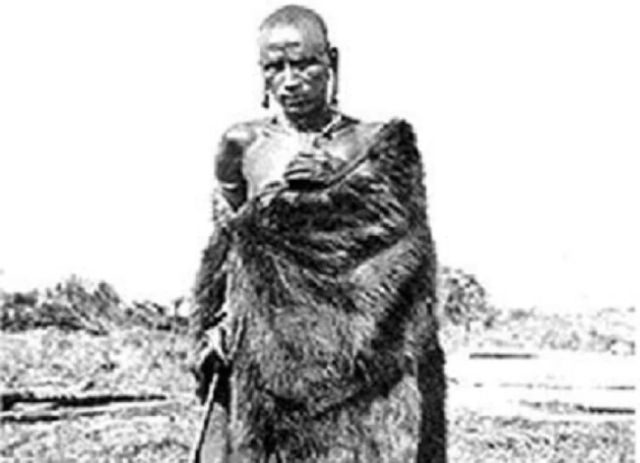
Koitalel Arap Samoei was the most important of the 'orkoiyot', i.e. the spiritual and political leaders of...
HISTORICAL EVENT
by redazione
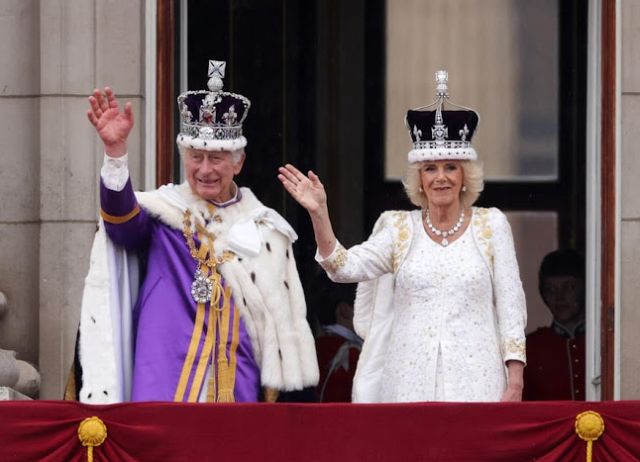
Charles of England's first official trip as ruler will be to...
THE KENYA TRIP
by Freddie del Curatolo
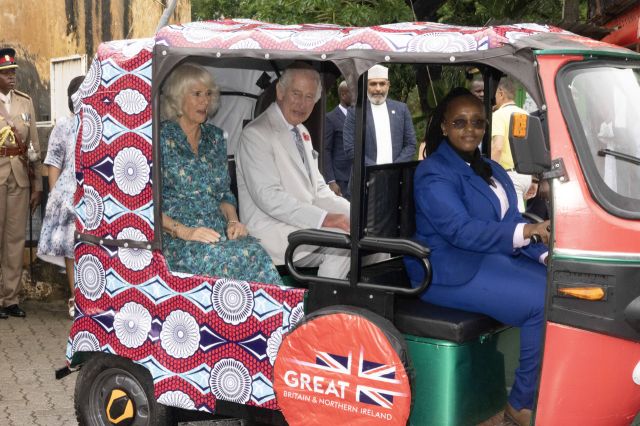
Halfway between a 'social' holiday and responsible tourism, the official visit of...
NEWS
by Freddie del Curatolo
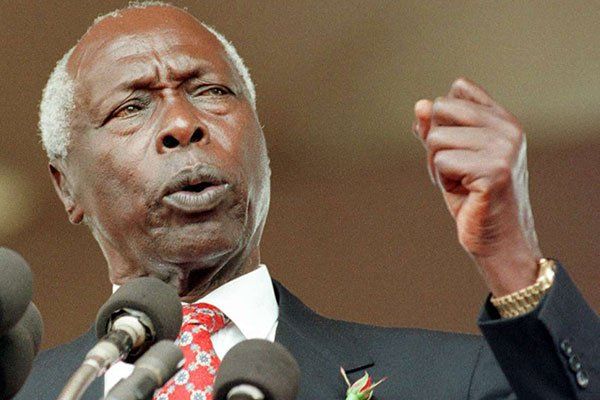
Kenya greets its second President of the Republic after the Father of the Fatherland ...
NEWS
by redazione
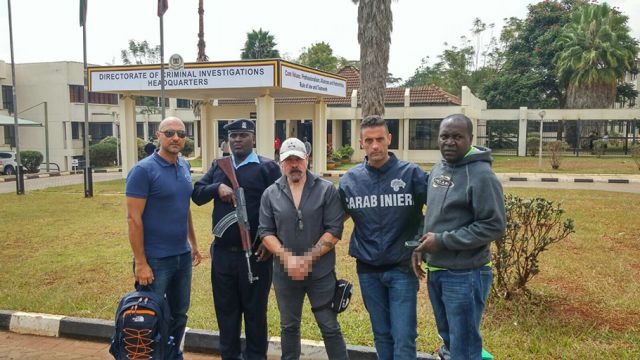
We continue to say: a bit of time for this part for Italian fugitives in Kenya: the collaboration between the two police, between the magistrates and the foreign ministries is leading to research and capture of all the Elements that...
NEWS
by Freddie del Curatolo
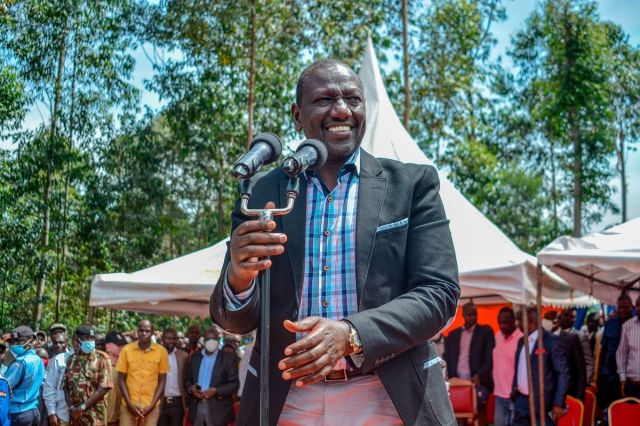
Impunity and the crimes of the Kenyan police have been topics for years and return whenever there are...
NEWS
by redazione
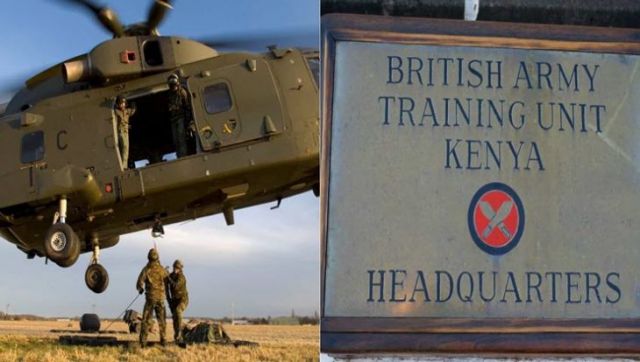
The United Kingdom's military base in Kenya in the town of Nanyuki, which in addition to...
EVENTS
by redazione

A lunch with music to meet among Italians in Kenya, organized by Comites, the Committee of Italians Abroad (consultative organ of the Italian Embassy in Kenya).
HOLIDAYS
by redazione

The word "Buen Retiro" was coined by the Spanish king Charles of Bourbon, who so wanted to Call are his country house outside Madrid, where he loved to retire to rest from the strain of power.
NEW RULES
by redazione
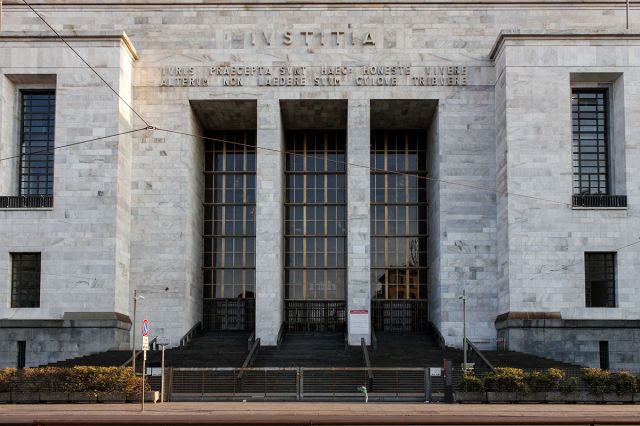
No foreign travellers, of any nationality, who are involved in trials or suspected of crimes in the...
BOOKS
by Leni Frau

Also the third edition of the book "Malindi Italy" by Freddie del Curatolo, which is the collection of his successful...
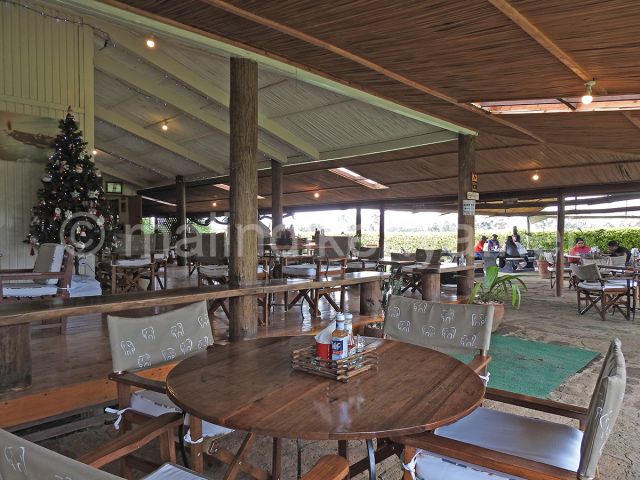
NEWS
by redazione

The name is Africa Academy for Tax and Financial Crime Investigation, the partnership created between Germany, Italy and Kenya on 13 June in Berlin, under the supervision of the International Organization for Economic Co-operation and Development (OECD).